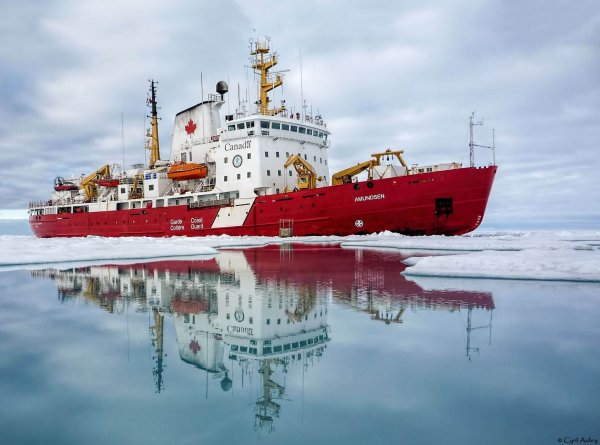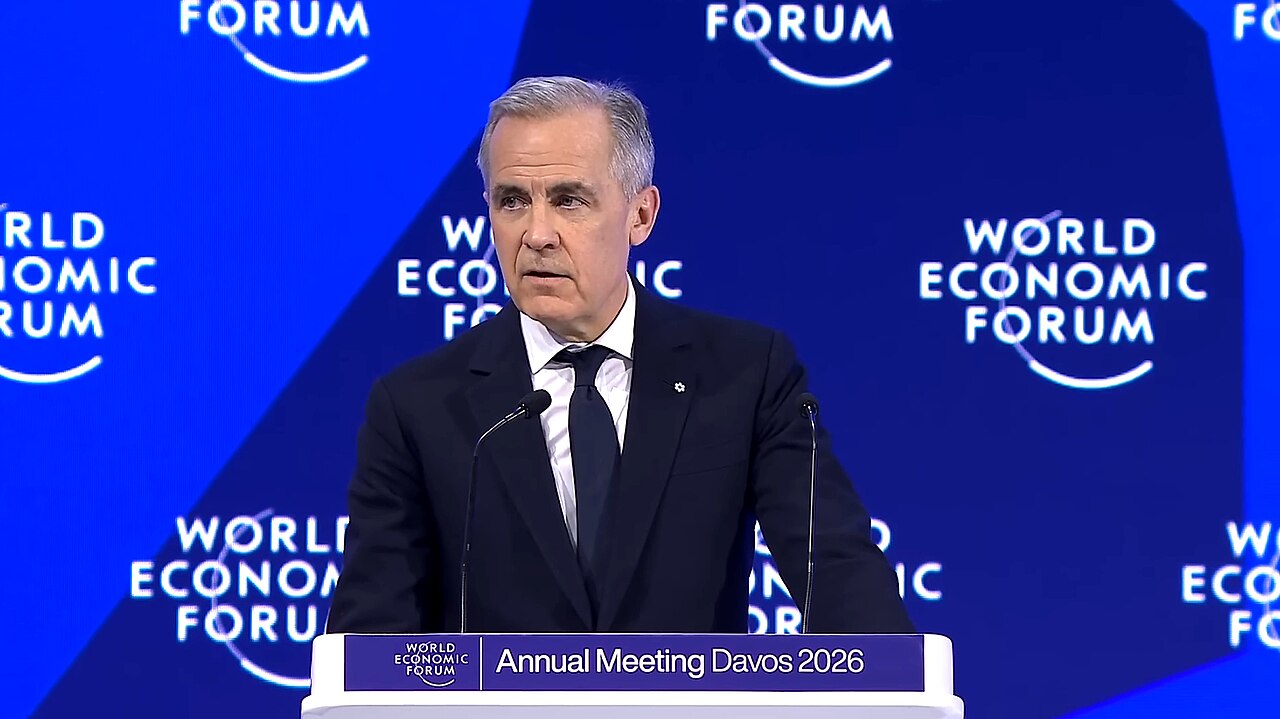Forty-two years ago this week, Colombo’s streets erupted in the organised anti-Tamil pogrom we know as Black July 1983. For seven days, state-abetted mobs burned homes and businesses, stripped men naked before lynching them, and left as many as 5,000 Tamils dead and 150,000 homeless. The violence was not an aberration; it was the opening chapter of a genocide that would grind on for decades.
Last month, bulldozers widening a road in Chemmani, Jaffna sliced into that history. Forensic teams have already recovered the remains of at least 85 people—some of them children—from a previously unmarked mass grave, with more skeletons emerging almost daily. Even the UN High Commissioner for Human Rights visited the site, calling it fresh evidence of “systemic impunity.” Chemmani is not an isolated horror; it is a milepost on the same bloody road that began well before July 1983 and continued through Welikada, Mullivaikkal, and scores of other killing fields. Sixteen years after the war’s official end—and forty-two after Black July—no senior commander has been convicted under either Sri Lankan or international law.





